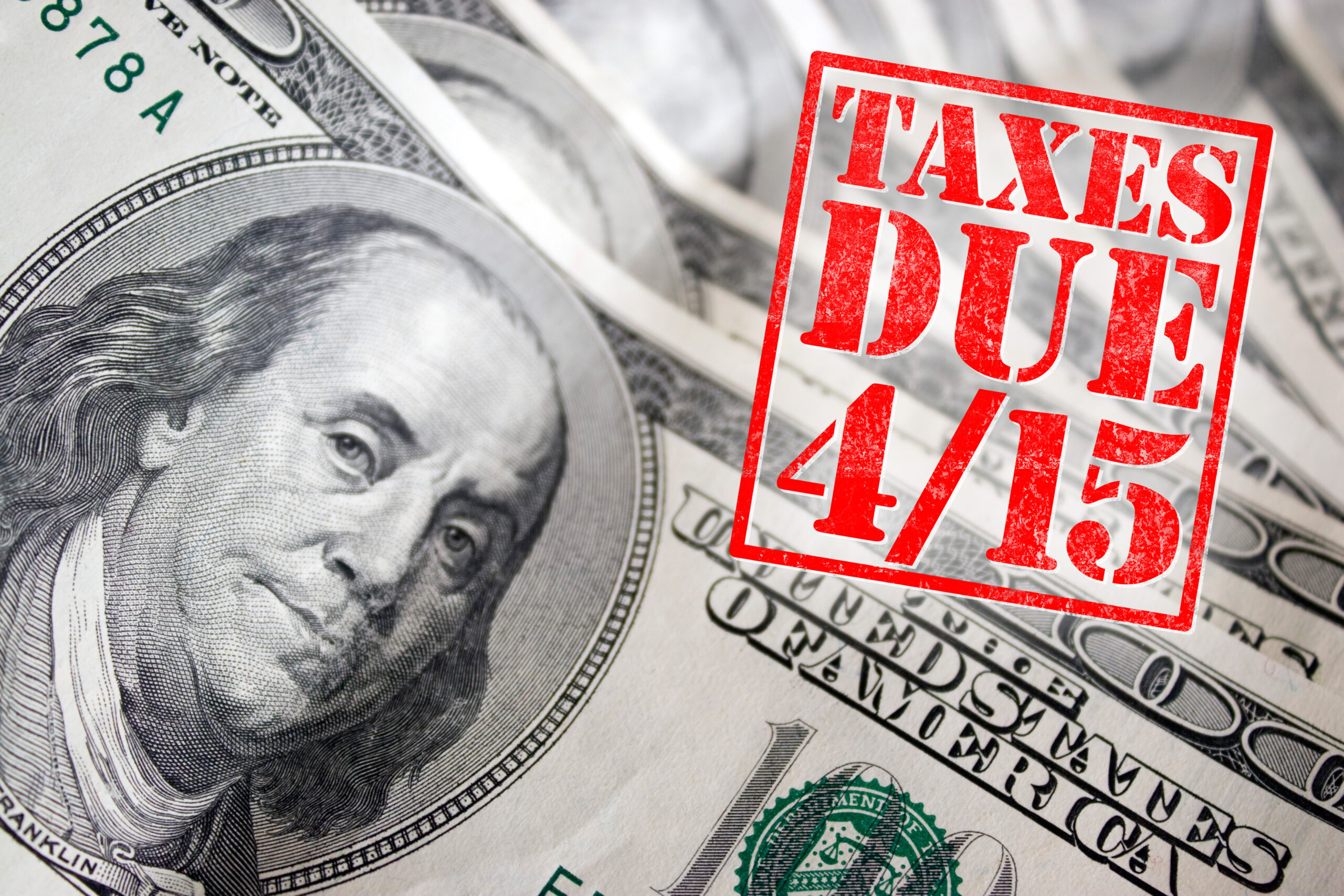Bitcoin’s Price Surge
In recent weeks, Bitcoin has been on a tear. The world’s most popular cryptocurrency surged past the $10,000 mark for the first time since September 2020. This price increase was largely driven by renewed interest from institutional investors and speculation about an upcoming halving event in May. While some experts have cautioned that this rally may be short-lived, others are optimistic that we could see even higher prices in the coming months.
Altcoins Making Waves in the Market
While Bitcoin tends to grab all the headlines, there are plenty of other altcoins making waves in the market as well. One example is Ethereum, which recently hit its highest level since August 2019. Other coins like Litecoin, Dash, and Monero have also seen significant gains over the last few weeks. These smaller cap coins can offer opportunities for traders looking to diversify their portfolios beyond just Bitcoin.
Regulatory Updates and Developments
One area where crypto news never seems to get boring is regulation. Governments around the world continue to grapple with how best to regulate cryptocurrencies and blockchain technology. In recent developments, Japan has announced plans to tighten rules surrounding digital asset exchanges, while South Korea is considering lifting its ban on initial coin offerings (ICOs). Meanwhile, the United States continues to debate whether or not to pass comprehensive legislation covering cryptocurrencies.

Insights from Industry Experts
Another interesting aspect of the crypto space is hearing what industry insiders have to say. Recently, Twitter CEO Jack Dorsey made headlines when he predicted that Bitcoin would eventually become the world’s dominant currency. Other notable figures such as venture capitalist Tim Draper and billionaire investor Peter Thiel have also expressed support for cryptocurrencies.
Emerging Trends to Watch Out For
Finally, one exciting area of development within the crypto space is the emergence of decentralized finance (DeFi) applications. These platforms allow users to access financial services without relying on traditional intermediaries like banks. Examples include peer-to-peer lending, digital asset exchanges, and stablecoins. As more people seek greater control over their money, DeFi could represent a major shift away from centralized systems towards more transparent and democratic alternatives.